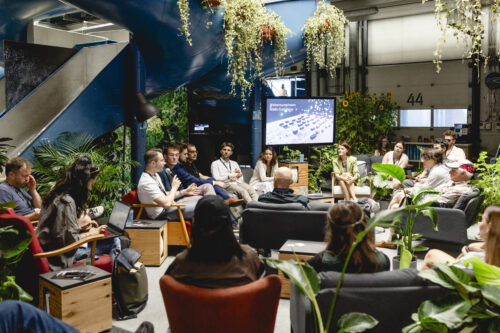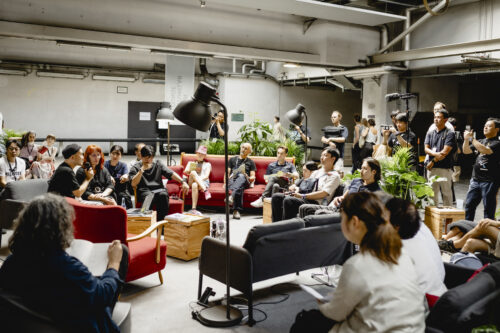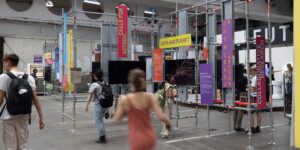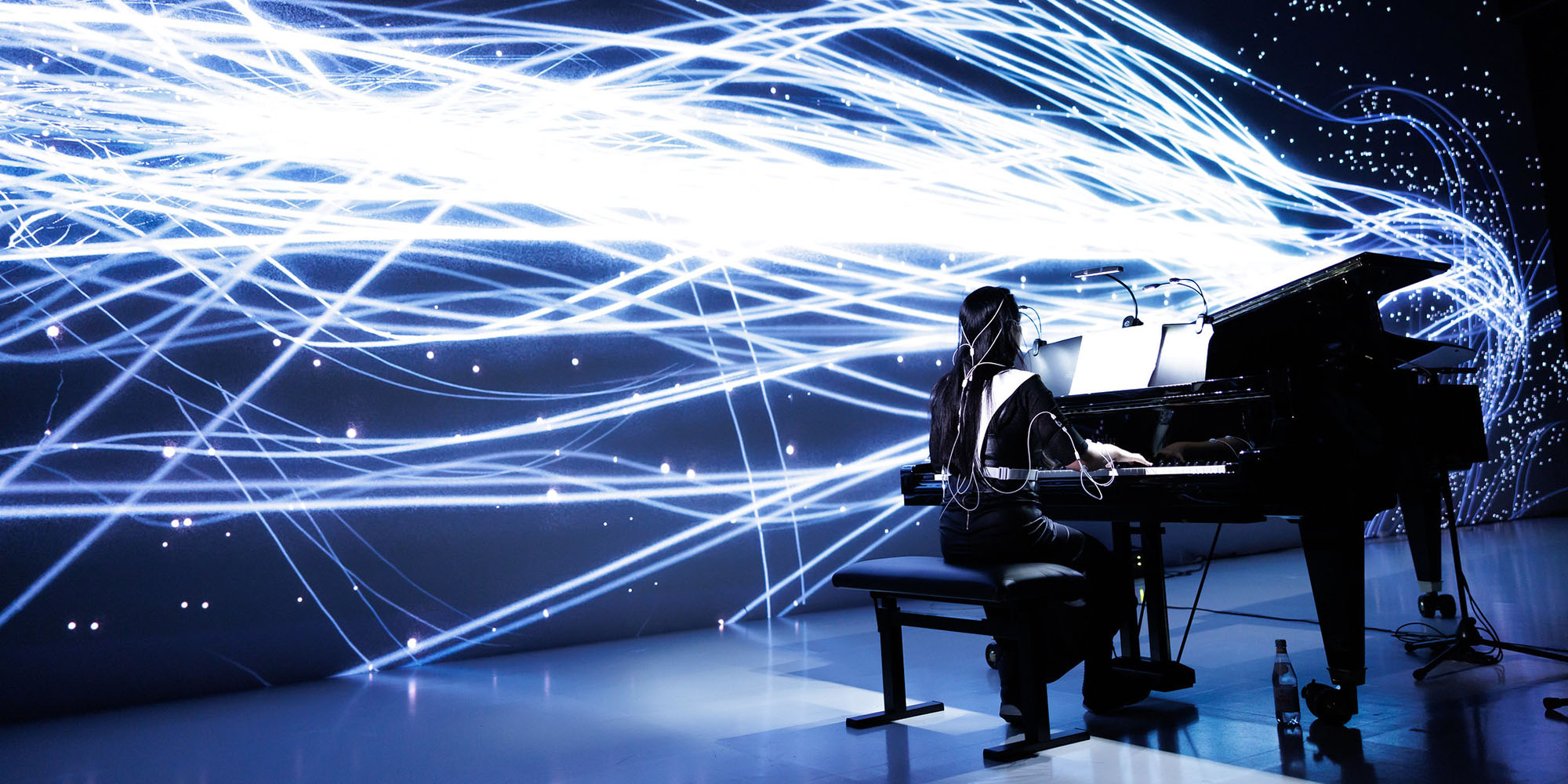Horst Hörtner
-
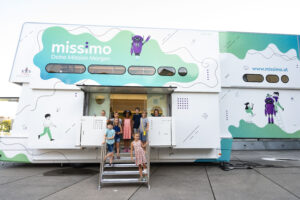
missimo
Mobile STEAM Learning for Kids
missimo is a project for children aged eight to ten that offers many experiments on topics such as AI, robotics, and programming. The special appeal: missimo visits primary schools in Austria’s rural areas by truck.
-

Re-imagining the mobility of the future
Experience Lab for Open Dialogue
Re-imagining the mobility of the future is a collaborative project encouraging open discussions about what future mobility could mean. Presented at the Ars Electronica Festival 2022, it encouraged visitors to share their views on future technology and ideas for their ideal mode of transportation.
-
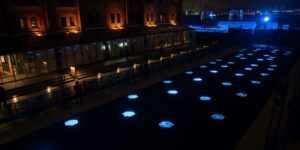
Stream of Hope
Large-Scale Fluxel Performance in Japan
Ars Electronica Futurelab’s Fluxels, a scalable swarm of ground robots equipped with hexagonal LED displays, brought about a new language of visual expression. Stream of Hope in Osaka and Yokohama showcased their versatility at large-scale events.
-
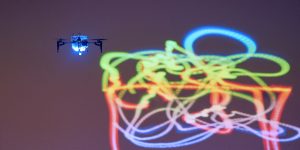
Space Ink
Three-Dimensional Drawings With Drones
What if we can draw in any space with a pen? This question is at the heart of Space Ink, where tablets and drones are brought together to create large-scale works in three-dimensional space using light and color.
-

Actions for Deep Issues
Collective Dialogue on Global Challenges
Celebrating its 25th anniversary, the Ars Electronica Futurelab curated a special Futurelab Day at the Ars Electronica Festival 2021. The starting point was a collective dialogue on “Actions for Deep Issues” – in other words, how we can take action in the face of multiple global challenges.
-

AI Ink
AI Composition with Humans and Noise
Noise is an important element in the creativity of artificial intelligence. To understand the relationship between noise and the “soul” in a machine, we used temperature and human interaction as noise in the AI Ink project while composing music with artificial intelligence. After all, temperature is also associated to emotions in the human body.
-

Bio Ink
Can Ink Be Alive?
In Bio Ink, the Futurelab brought together biotechnology and digital pen tablet technology to create living ink that grows freely beyond human input. With this research, the team explored co-creation with other organisms and nature.
